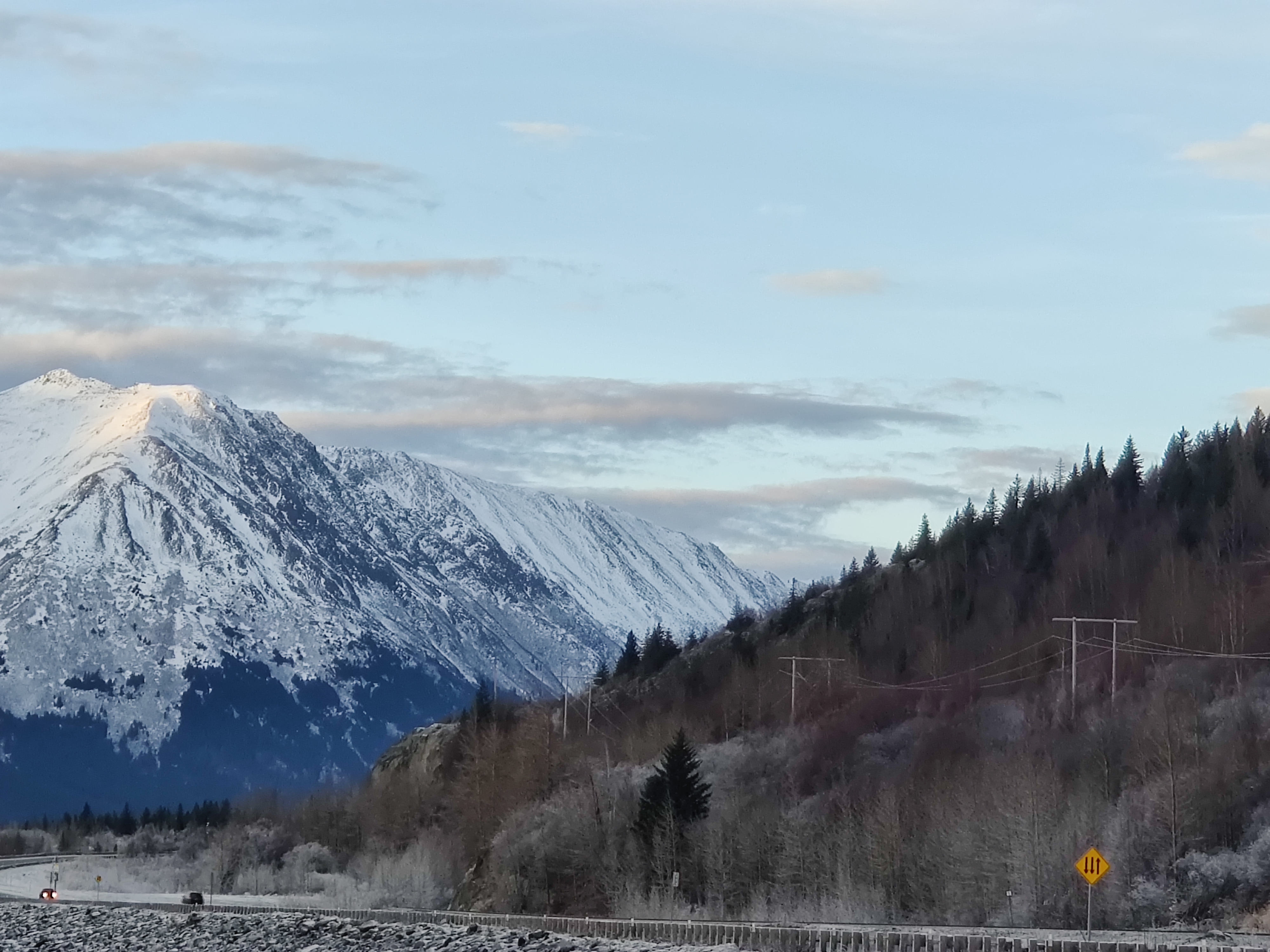Parts of the U.S. northeast are starting to see smoke from the wildfires burning in Alberta, Canada. Those wildfires have forced tens of thousands of people to evacuate their homes over the last week, as 78 active wildfires are currently burning in the province. According to the New York Times, wildfires in Western Canada have been increasing in size and intensity while the wildfire seasons haven been growing longer.
Experts at GW are available to offer insight, analysis and commentary related to the wildfires in Canada, including the public health impact of wildfire smoke as well as the impact of climate change. To schedule an interview with an expert, please contact the GW Media Relations Team at gwmedia gwu [dot] edu (gwmedia[at]gwu[dot]edu).
gwu [dot] edu (gwmedia[at]gwu[dot]edu).
Lisa Benton-Short is a professor of geography at GW and an expert on urban sustainability, environmental issues in cities, and cities and immigration. Her research focuses on the dynamics of the urban environment from many angles, including planning and public space, urban sustainability, globalization, and immigration. Benton-Short can speak to the wildfires in Canada from a climate change perspective as well as the role of uncontrolled suburban development. She can also discuss how climate change and its effects on natural disasters like wildfires impact cities as well as what cities are doing to adapt to and mitigate climate change.
Katelyn O'Dell is an atmospheric scientist and a postdoctoral research scientist at GW who studies air pollution exposure and its health impacts. She can discuss the public health concerns of wildfire smoke exposure. O’Dell’s graduate work has focused on quantifying exposure to wildfire smoke and identifying health-relevant components in smoke. In examining the health and economic impacts of wildfire smoke exposure, she has also explored the impact of wildfire smoke on crime, pregnant mothers, respiratory health, and asthma medication use.
-GW-




